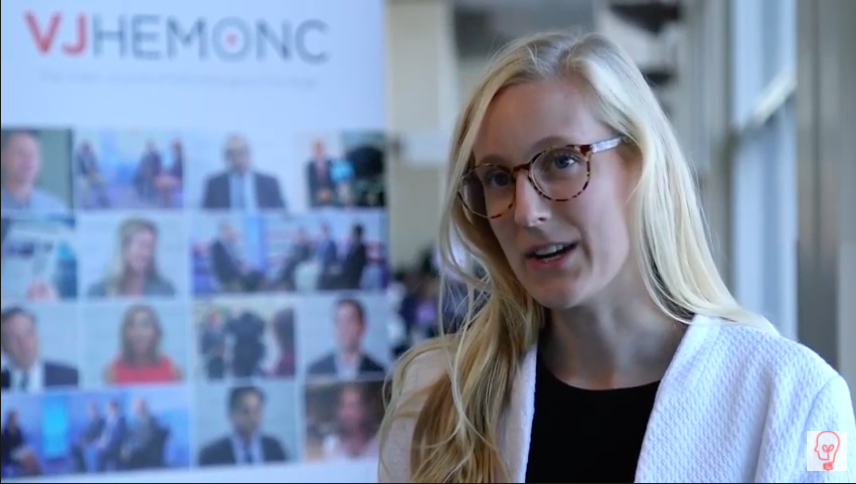The promising study is the largest screening study for multiple myeloma in the country. It's based out of the Dana Barbara cancer Institute, um, on a grant from stand up to cancer. We are a nationwide project, so we screen individuals in all 50 states and we're actually gonna be opening in Canada soon.
So the goal of the study is really to, um, Institute nationwide screening for, um, this disease right now in the country. We don't screen for multiple myeloma. A lot of people are diagnosed in late stages, um, when they have bone fractures or end-organ damage.
But what we're trying to do is catch them in the precursor stages. So there are two precursor conditions that preclude, um, multiple myeloma that's monoclonal gammopathy of undetermined or MGAs as well as SM smoldering, multiple myeloma. And when we, um, look for those two conditions, they're actually really easily detected in a blood and two different blood tests.

So we're using serum electro-protein electrophoresis, which is called EP as well as serum, um, immunoglobulin-free light chains. We're also instituting MA spectrometry. So basically an individual needs to do is they, um, consent online. So they go to our website, which is located at www dot promise, study.org. And from there, there's a big red button that says, click here to join.
They can go there and do all the consenting and, forms online. So there are two high-risk populations that we're screening for. So a normal P person, at the ages of, you know, 50 to 75 is going to be at around a 3% risk of developing these precursor conditions.

Someone who has a first-degree relative. So that's a parent, a child or a sibling who has multiple myeloma or another plasma cell dysplasia is about a three times higher chance. So that's around a six to 9% chance of them developing blood, and some Cellia as well. So that's the first population that we're screening for is individuals who have a family member who, um, has a plasma cell dysplasia.
We're also screening African Americans or individuals who identify as being of African descent because they are also at a heightened risk of developing these diseases. So if you are in either of those populations and you're between the ages of 40 and seven, me five, we ask that you go onto our website and consent online.






